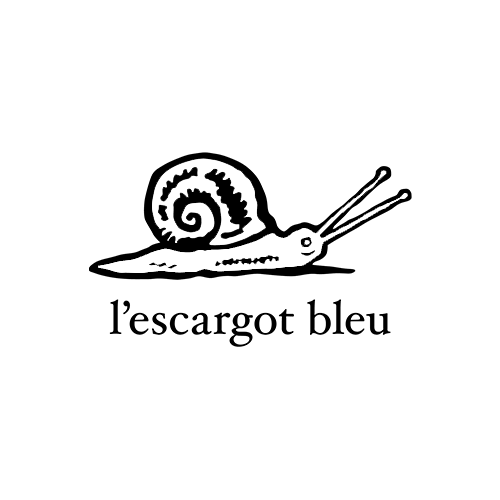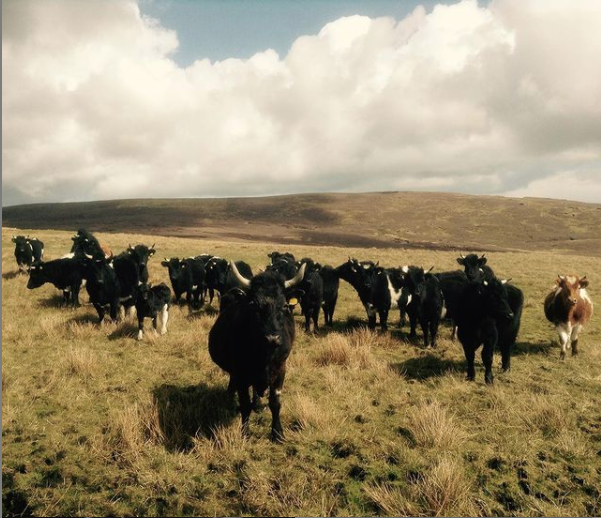A few words from Uradale Farm
Shetland Kye
Hello all from us, Jakob and Ronnie Eunson in Shetland. We are delighted to be supplying beef again this year to our friend, Fred. We first supplied Fred two years ago, almost to the day. On that occasion I was invited down to Edinburgh by Fred to celebrate the Scottish larder. It was truly a night to remember with excellent food and great people.
Now, to tell you a little bit about the farm and its animals. Uradale Farm was bought by my father 25 years ago, and after farming conventionally for a few years he realised he wanted to move to what he believed could be a more financially and environmentally sustainable system more suited to Shetland. He knew that the marketplace had no understanding of organic native Shetland breeds. He had already been using them in his conventional farming. He got rid of the other larger cross-breeds of yowes and kye and reverted exclusively to the Shetland native breeds. In the year 2000 we started the conversion to organic, and in 2003 we became fully certified. This was a huge change – it was learning to farm as our ancestors did.
We farm from the tops of heathery hills to the green banks of the coast of the north Atlantic. Our kye throughout the spring, summer and autumn months graze over all of the farm. Their diet ranges from sweet grasses to heather to seaweed along the beaches.
The Shetland kye are a rare breed whose history spans back 5000 years to the first Neolithic settlers. Although very numerous throughout Shetland’s history, they fell victim to the agricultural “improvements” of the 20th Century. The seemingly unstoppable eradication of thousands of years of natural genetic developments by man’s hubris led to there being less than 30 cows left in 1980. However, thanks to some enthusiastic crofters the breed survived and now there are over 200 in Shetland.
They have been researched in several projects and the meat has been found to possess great health benefits. This analysis, carried out by SRUC and Glasgow Caledonian University found their meat and fat to have exceptionally high levels of the minerals zinc and iron as well as the beneficial fatty acids Omega 3 & 6 and the rarer fatty acid, conjugated linoleic acid. A breed from the past with a place in the future.
Find out more about Uradale Farm.

